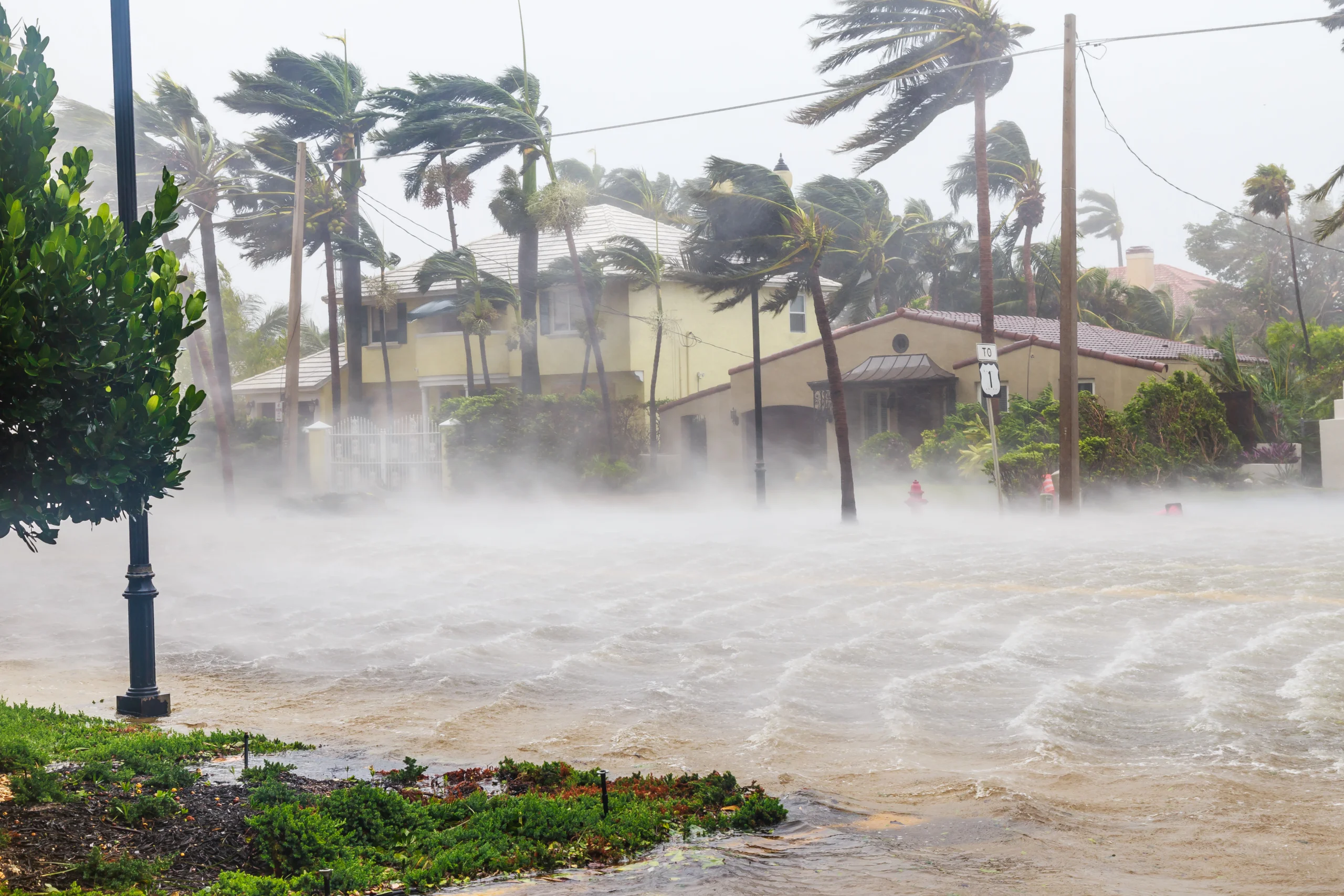When summer hits or vacation calls, it’s natural to want to dive into a pool, lake, or even the ocean. For people with a dialysis catheter, especially a central venous catheter (CVC), swimming isn’t just a splash of fun, it can be a serious health risk. So, can you swim with a dialysis catheter?
Short answer: No. And here’s why.
What Is a Dialysis Catheter?
A dialysis catheter is a soft tube inserted into a large vein, often in the neck, chest, or groin. It’s used for hemodialysis, where a machine filters waste, salt, and fluid from your blood when your kidneys can’t.
There are a few types of dialysis access, but catheters (especially tunneled CVCs) are considered temporary or semi-permanent solutions. Unlike AV fistulas or grafts, catheters create a direct line into your bloodstream, which opens the door for infections.
The Real Risks of Swimming with a Catheter
1. Infection Danger
This is the biggest concern. Bodies of water, whether a public pool, a lake, or the ocean, are full of bacteria and microorganisms. Even with a dressing, a catheter site is not completely waterproof. Bacteria can enter the catheter tunnel or bloodstream, leading to sepsis, bacteremia, or catheter-related bloodstream infections (CRBSIs). These infections are life-threatening.
2. Dislodgement or Damage
Movement in water can loosen dressings or even tug at the catheter, increasing the risk of dislodgement or damage. If the catheter moves even slightly, it can compromise its effectiveness and your treatment.
3. Waterproof Dressings Aren’t Foolproof
While some patients try using waterproof coverings, even medical-grade dressings can leak, especially during prolonged exposure to water.
What About Hot Tubs or Baths?
Unfortunately, they carry the same risks, possibly more. Warm water is a perfect breeding ground for bacteria. Soaking in a tub or relaxing in a hot spring can introduce harmful microbes directly to the catheter site.
There are a few types of dialysis access, but catheters (especially tunneled CVCs) are considered temporary or semi-permanent solutions. Unlike AV fistulas or grafts, catheters create a direct line into your bloodstream, which opens the door for infections.
Are There Any Safe Alternatives?
Yes! If swimming is important to your quality of life, talk to your nephrologist about alternative dialysis access options, like:
- Arteriovenous (AV) Fistula: The most durable and infection-resistant option. Once healed, many people with a fistula can swim with proper precautions.
- AV Graft: More durable than a catheter, though slightly higher infection risk than a fistula.
Each case is different, so your doctor can advise you based on your health, access site, and lifestyle.
Tips to Stay Safe and Cool This Summer
- Stick to Dry Activities: Enjoy the sun with non-water-based fun like beach walks, reading, picnics, or games.
- Keep the Site Dry: Always cover the catheter with a sterile, dry dressing. Change it regularly and check for signs of infection.
- Ask About Peritoneal Dialysis (PD): Some people switch to PD because the catheter is in the abdomen and can be easier to protect during certain water activities (though it still has limitations).
Final Thoughts
As tempting as the water might be, swimming with a dialysis catheter is not safe. The risk of infection and other complications is too high. Your health and safety come first; with the right support and medical advice, you can still enjoy summer differently.
If swimming is a big part of your lifestyle, have an open conversation with your care team. There might be long-term solutions that let you return to the water safely.
Stay informed and take control of your kidney health!



